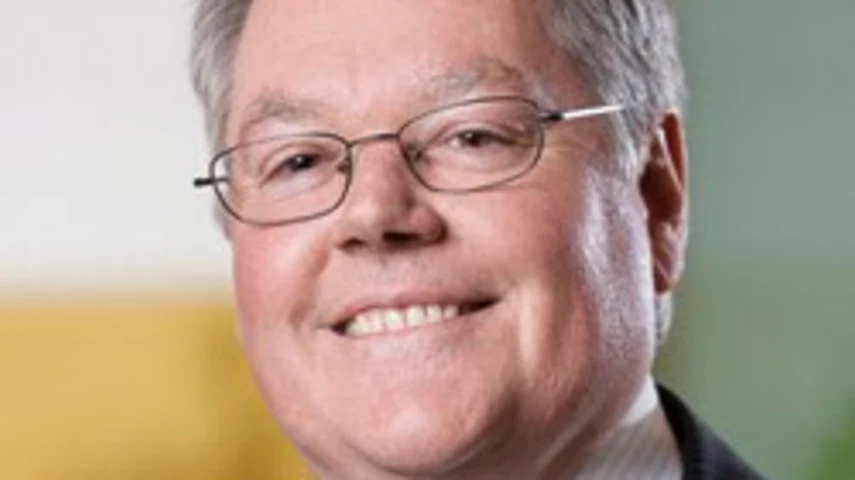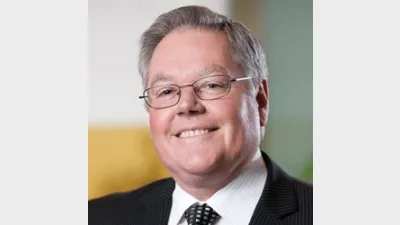Planners’ reputation rests with co-regulatory model: FPA



Restoring the reputation of financial planners could depend on a co-regulatory model, where the industry sets and monitors its own scrupulous standards, the Financial Planning Association (FPA) says.
The creation of such a model could restore the public’s faith in the profession, according to the FPA’s CEO Mark Rantall, who cited the success of its own regulatory whisteblower service, FPA Confidential, which reportedly resolved more than 90 per cent of anonymously reported incidents since 2010.
“The story behind these numbers is of a professional system operating to self-govern against perceived or actual misdemeanour,” Rantall said.
“It points us to the timely conclusion that we must now embed a relevant, consumer-centric professional framework in Australia that separates industry from profession and product sales from advice.”
Rantall also echoed his long-held support for universal regulatory standards.
“The recent call to lift educational standards, appropriately phased in, is a sensible and enduring approach and FPA supports this principle without question,” he said.
Recommended for you
The Financial Advice Association Australia has appealed to licensees to urgently update their FAR records as hundreds of advisers are set to depart by the end of the year.
Demand for robo-advice tools is rising, a report has shown, but this is occurring simultaneously with rising demand for professional face-to-face advice.
ASIC has released the results of the latest financial adviser exam, held in November 2025.
Winners have been announced for this year's ifa Excellence Awards, hosted by Money Management's sister brand ifa.











